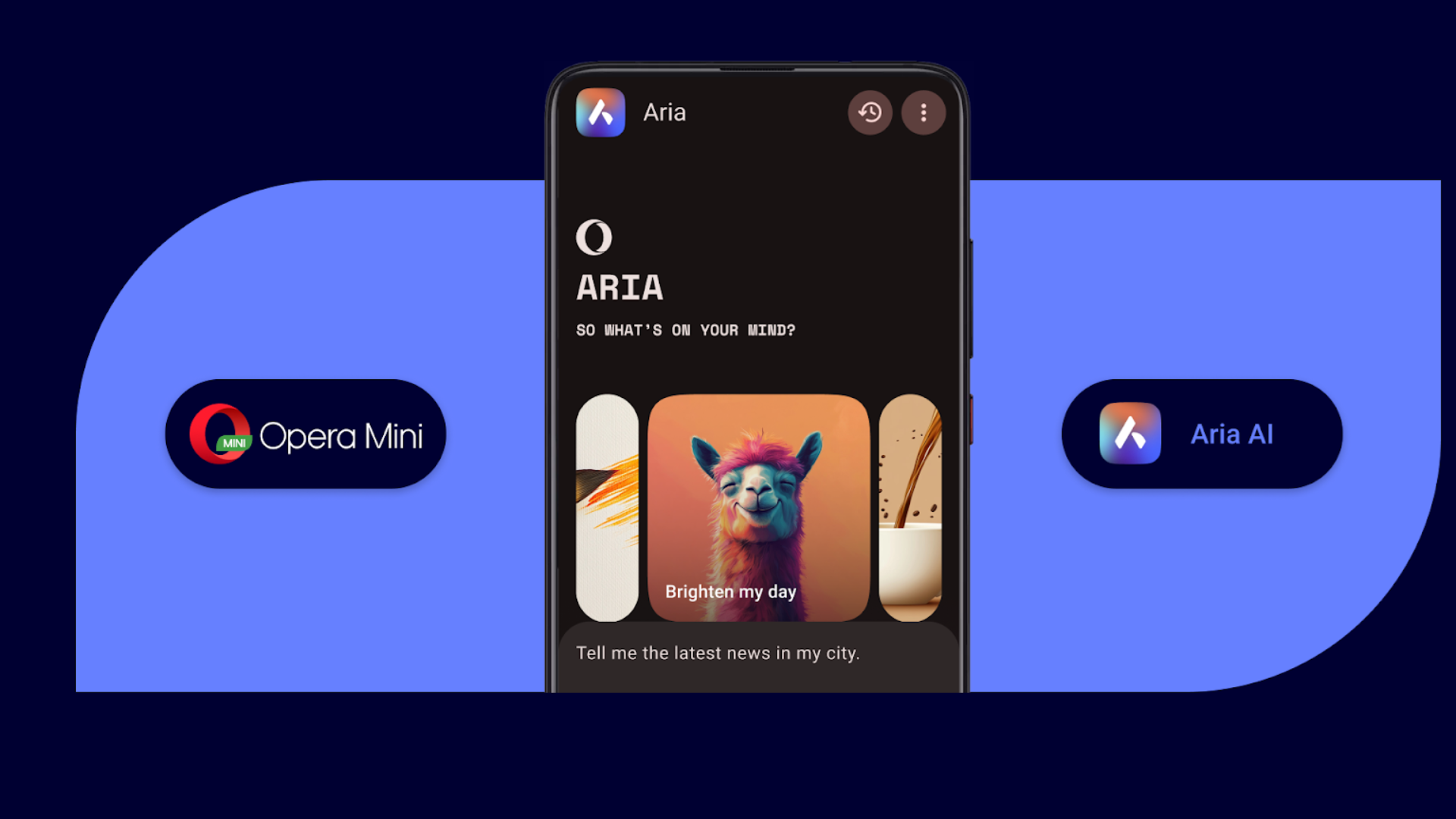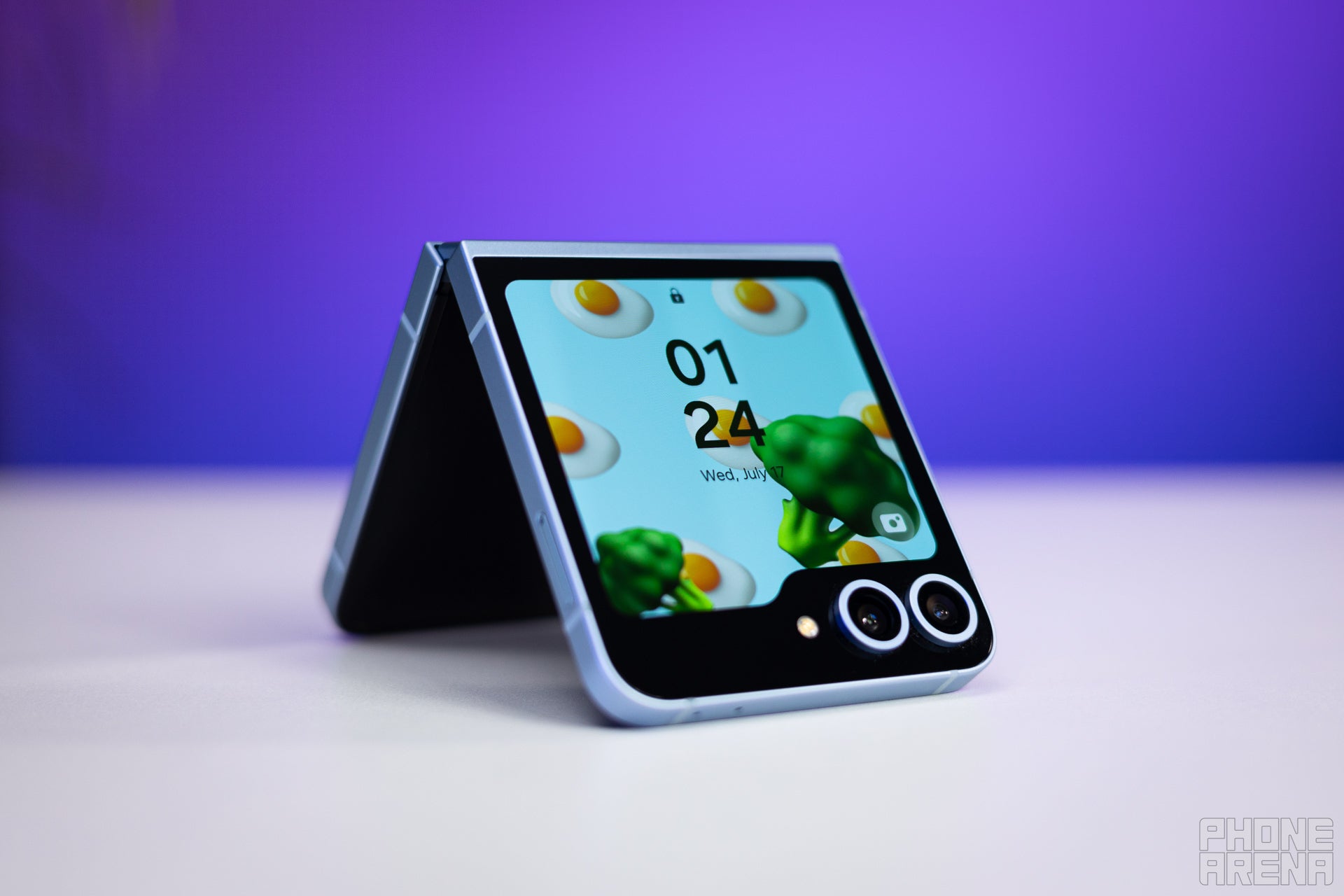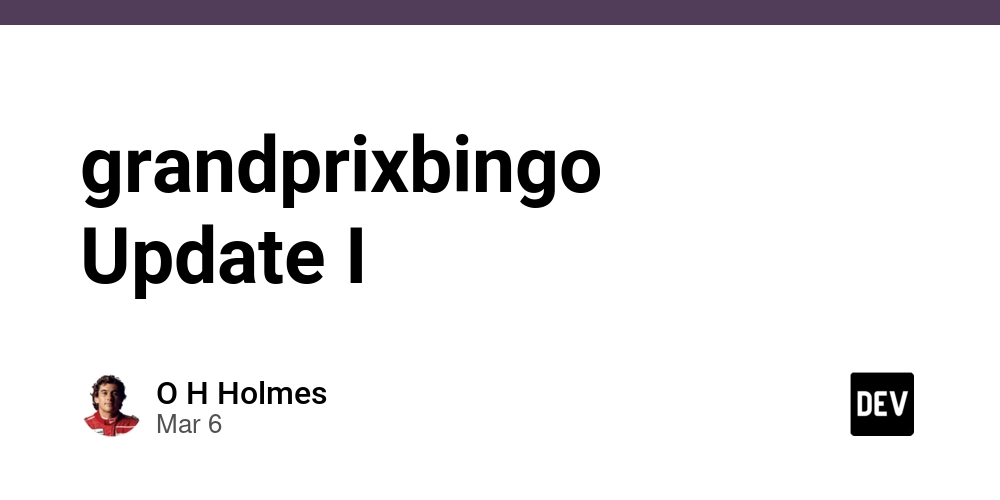The Key Benefits of Using a Conference Mobile App for Modern Events
In today’s fast-paced digital world, conferences and large-scale events are evolving rapidly to meet the needs of both organizers and attendees. Gone are the days when paper schedules and printed materials were the norm. Today, conference mobile apps are at the heart of modern event experiences. These apps offer a comprehensive and interactive way to enhance the attendee experience, improve event logistics, and streamline communication. In this article, we will explore the key benefits of using a conference mobile app for modern events, demonstrating why they’ve become essential tools for event organizers and attendees alike. 1. Enhanced Attendee Engagement One of the most significant benefits of using a conference mobile app is the enhanced engagement it provides. Attendees today expect a high level of interactivity and engagement, and a well-designed conference app can deliver just that. Mobile apps typically offer features like session schedules, speaker bios, and event agendas, allowing attendees to easily navigate through the event. Attendees can create personalized schedules, sign up for sessions they are interested in, and receive reminders to ensure they don’t miss important activities. Many apps also include interactive features like live polls, Q&A sessions, and real-time feedback, allowing attendees to actively participate and stay engaged throughout the event. Additionally, mobile apps often have networking features, allowing attendees to connect with each other through messaging systems, profile matching, and attendee directories. This facilitates valuable networking opportunities, helping attendees make meaningful connections with others in their industry. 2. Streamlined Event Management For event organizers, managing a conference or large-scale event can be a complex and time-consuming task. Conference mobile apps streamline event management by providing a centralized platform where all event details can be accessed and updated in real time. From managing event schedules and session details to tracking speaker availability and organizing event logistics, a conference app simplifies many aspects of event coordination. Organizers can easily send out push notifications to update attendees about last-minute changes, session reminders, or special announcements. If a session or speaker is delayed or changed, the app can automatically adjust the schedule, ensuring attendees are always up to date. Moreover, conference mobile apps integrate with registration systems to allow seamless check-in processes, badge printing, and attendee tracking, reducing the workload for event staff and minimizing the risk of errors. 3. Improved Networking Opportunities Networking is one of the primary reasons people attend conferences, and conference mobile apps make networking easier and more effective. Many conference apps offer networking features such as attendee directories, messaging, and social media integration, allowing participants to connect with others who have similar interests, professions, or goals. Through the app, attendees can schedule one-on-one meetings, participate in group chats, or simply exchange contact information digitally. These networking tools make it easier for attendees to make meaningful connections, build relationships, and explore potential business opportunities, all without the need for cumbersome business cards or searching for people in crowded venues. Furthermore, by integrating social media platforms such as LinkedIn or Twitter, mobile apps make it even easier for attendees to share their experience, interact with others, and continue conversations after the event is over. 4. Sustainability and Cost Savings One of the standout benefits of using a conference mobile app is its contribution to sustainability. In the past, conferences relied heavily on printed materials, including schedules, brochures, handouts, and event programs. Not only did this generate a significant amount of paper waste, but it also added to the overall cost of organizing the event. By switching to a mobile app, event organizers can eliminate the need for most printed materials. Instead of printing hundreds or thousands of pages, everything from the event schedule to session details can be housed within the app. This reduces both paper waste and printing costs, making the event more eco-friendly and cost-effective. Additionally, many mobile apps provide real-time updates, meaning attendees no longer need to rely on printed handouts that may become outdated during the event. This reduces logistical issues associated with last-minute changes and ensures that all attendees have access to the most up-to-date information. 5. Real-Time Updates and Communication Real-time updates are essential for any large event, and a conference mobile app enables event organizers to send instant notifications and updates directly to attendees. Whether it’s a sched
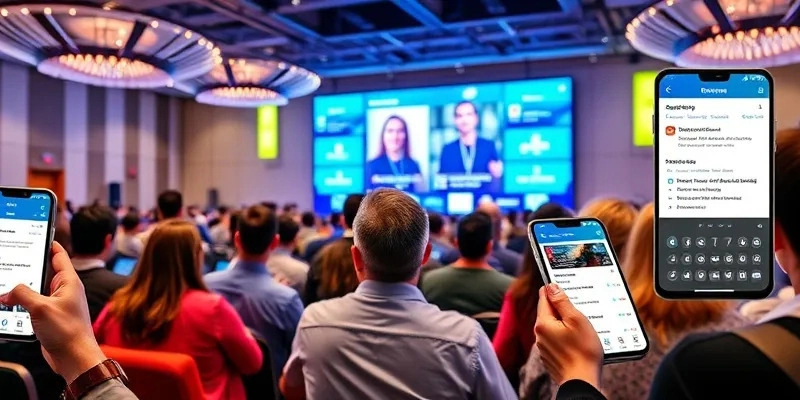
In today’s fast-paced digital world, conferences and large-scale events are evolving rapidly to meet the needs of both organizers and attendees. Gone are the days when paper schedules and printed materials were the norm. Today, conference mobile apps are at the heart of modern event experiences. These apps offer a comprehensive and interactive way to enhance the attendee experience, improve event logistics, and streamline communication.
In this article, we will explore the key benefits of using a conference mobile app for modern events, demonstrating why they’ve become essential tools for event organizers and attendees alike.
1. Enhanced Attendee Engagement
One of the most significant benefits of using a conference mobile app is the enhanced engagement it provides. Attendees today expect a high level of interactivity and engagement, and a well-designed conference app can deliver just that.
Mobile apps typically offer features like session schedules, speaker bios, and event agendas, allowing attendees to easily navigate through the event. Attendees can create personalized schedules, sign up for sessions they are interested in, and receive reminders to ensure they don’t miss important activities. Many apps also include interactive features like live polls, Q&A sessions, and real-time feedback, allowing attendees to actively participate and stay engaged throughout the event.
Additionally, mobile apps often have networking features, allowing attendees to connect with each other through messaging systems, profile matching, and attendee directories. This facilitates valuable networking opportunities, helping attendees make meaningful connections with others in their industry.
2. Streamlined Event Management
For event organizers, managing a conference or large-scale event can be a complex and time-consuming task. Conference mobile apps streamline event management by providing a centralized platform where all event details can be accessed and updated in real time.
From managing event schedules and session details to tracking speaker availability and organizing event logistics, a conference app simplifies many aspects of event coordination. Organizers can easily send out push notifications to update attendees about last-minute changes, session reminders, or special announcements. If a session or speaker is delayed or changed, the app can automatically adjust the schedule, ensuring attendees are always up to date.
Moreover, conference mobile apps integrate with registration systems to allow seamless check-in processes, badge printing, and attendee tracking, reducing the workload for event staff and minimizing the risk of errors.
3. Improved Networking Opportunities
Networking is one of the primary reasons people attend conferences, and conference mobile apps make networking easier and more effective. Many conference apps offer networking features such as attendee directories, messaging, and social media integration, allowing participants to connect with others who have similar interests, professions, or goals.
Through the app, attendees can schedule one-on-one meetings, participate in group chats, or simply exchange contact information digitally. These networking tools make it easier for attendees to make meaningful connections, build relationships, and explore potential business opportunities, all without the need for cumbersome business cards or searching for people in crowded venues.
Furthermore, by integrating social media platforms such as LinkedIn or Twitter, mobile apps make it even easier for attendees to share their experience, interact with others, and continue conversations after the event is over.
4. Sustainability and Cost Savings
One of the standout benefits of using a conference mobile app is its contribution to sustainability. In the past, conferences relied heavily on printed materials, including schedules, brochures, handouts, and event programs. Not only did this generate a significant amount of paper waste, but it also added to the overall cost of organizing the event.
By switching to a mobile app, event organizers can eliminate the need for most printed materials. Instead of printing hundreds or thousands of pages, everything from the event schedule to session details can be housed within the app. This reduces both paper waste and printing costs, making the event more eco-friendly and cost-effective.
Additionally, many mobile apps provide real-time updates, meaning attendees no longer need to rely on printed handouts that may become outdated during the event. This reduces logistical issues associated with last-minute changes and ensures that all attendees have access to the most up-to-date information.
5. Real-Time Updates and Communication
Real-time updates are essential for any large event, and a conference mobile app enables event organizers to send instant notifications and updates directly to attendees. Whether it’s a schedule change, speaker delay, emergency information, or important announcements, mobile apps allow organizers to communicate with attendees quickly and effectively.
Push notifications ensure that attendees are aware of any updates in real time, eliminating the need for paper signage or loudspeaker announcements. These instant alerts are particularly useful for large events where crowds are difficult to manage, helping to keep everyone on the same page throughout the day.
Attendees can also use the app to contact event organizers or ask questions directly. This two-way communication fosters a more efficient and responsive event environment.
6. Personalized Event Experience
Modern attendees expect a personalized experience at events, and a conference mobile app provides an excellent way to deliver just that. Most conference apps allow attendees to create personal profiles where they can select their interests, sessions, and goals for the event. Based on this information, the app can suggest relevant sessions, speakers, or networking opportunities, ensuring attendees get the most out of the event.
This personalized experience helps attendees navigate the event in a way that is tailored to their individual needs and preferences. Instead of manually browsing a printed program or map, attendees can rely on the app to recommend sessions they might be interested in, making their experience more efficient and enjoyable.
Additionally, some conference apps provide gamification features, such as session check-ins or challenges, encouraging attendees to engage more deeply with the event and earn rewards or recognition for their participation.
7. Data Collection and Analytics
For event organizers, collecting data on attendee behavior is crucial for measuring the success of a conference and improving future events. Conference mobile apps provide valuable data collection and analytics capabilities that help organizers track attendee interactions, session attendance, and overall engagement.
By analyzing this data, event organizers can gain insights into what worked well and what areas need improvement. They can track which sessions were most popular, which exhibitors attracted the most attention, and which networking features were used the most. This information can be used to make data-driven decisions, refine the event experience, and better tailor future conferences to attendee preferences.
8. Increased Accessibility
Conference mobile apps also improve accessibility for attendees with disabilities. Many apps include features such as text-to-speech, captioning for sessions, and adjustable font sizes, ensuring that all attendees can fully participate in the event.
For attendees with visual or hearing impairments, conference apps can provide additional resources, such as sign language interpreters or assistive listening devices. These features ensure that conferences are more inclusive and cater to a wider range of attendees, regardless of their needs.
Conclusion
Conference mobile apps have become an essential tool for modern event organizers, offering a range of benefits that improve attendee engagement, streamline event management, and enhance the overall experience for everyone involved. From real-time updates and personalized schedules to networking opportunities and sustainability, the advantages of using a conference mobile app are undeniable.
As the demand for more interactive, efficient, and eco-friendly events continues to grow, conference apps are poised to become even more integral to the event industry. Whether you're planning a small conference or a large-scale event, investing in a conference mobile app is a smart move that will pay off in terms of improved attendee satisfaction and operational efficiency.




























![[Webinar] AI Is Already Inside Your SaaS Stack — Learn How to Prevent the Next Silent Breach](https://blogger.googleusercontent.com/img/b/R29vZ2xl/AVvXsEiOWn65wd33dg2uO99NrtKbpYLfcepwOLidQDMls0HXKlA91k6HURluRA4WXgJRAZldEe1VReMQZyyYt1PgnoAn5JPpILsWlXIzmrBSs_TBoyPwO7hZrWouBg2-O3mdeoeSGY-l9_bsZB7vbpKjTSvG93zNytjxgTaMPqo9iq9Z5pGa05CJOs9uXpwHFT4/s1600/ai-cyber.jpg?#)














































































































































![[The AI Show Episode 144]: ChatGPT’s New Memory, Shopify CEO’s Leaked “AI First” Memo, Google Cloud Next Releases, o3 and o4-mini Coming Soon & Llama 4’s Rocky Launch](https://www.marketingaiinstitute.com/hubfs/ep%20144%20cover.png)

















































































































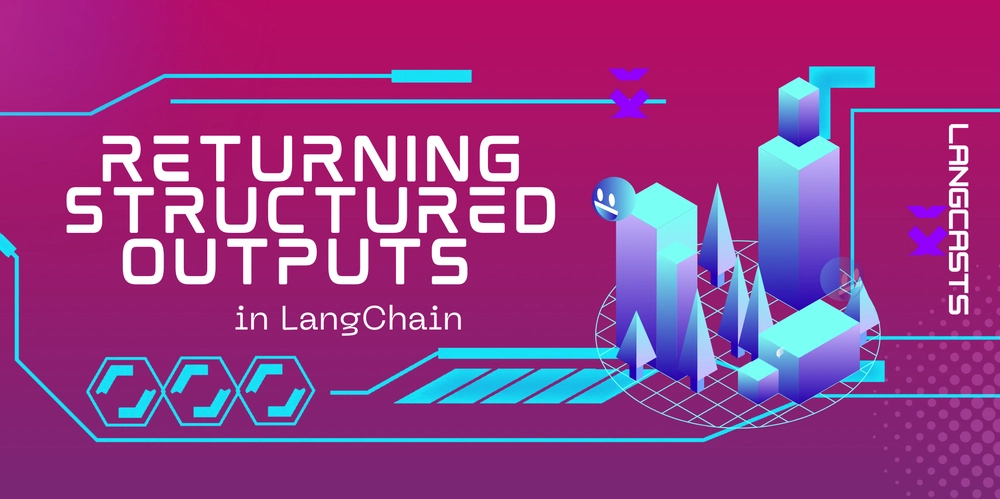



















































































![Rogue Company Elite tier list of best characters [April 2025]](https://media.pocketgamer.com/artwork/na-33136-1657102075/rogue-company-ios-android-tier-cover.jpg?#)







































































_Andreas_Prott_Alamy.jpg?width=1280&auto=webp&quality=80&disable=upscale#)
























































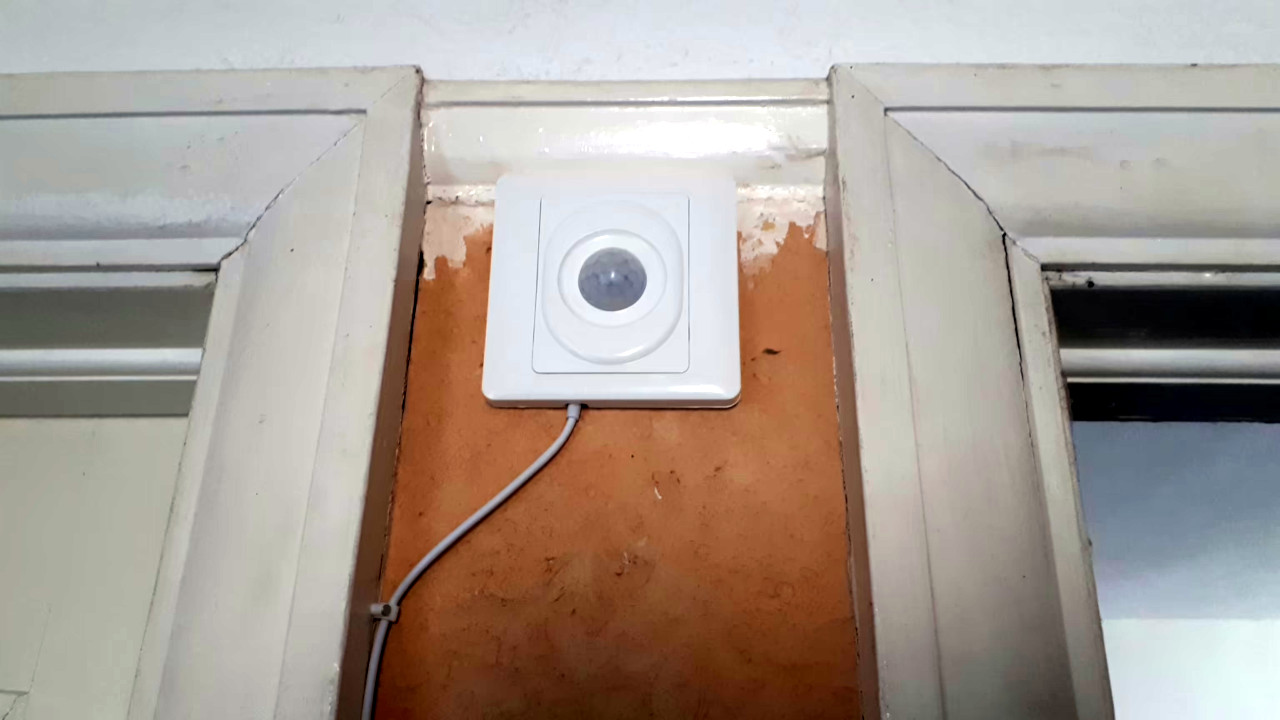



























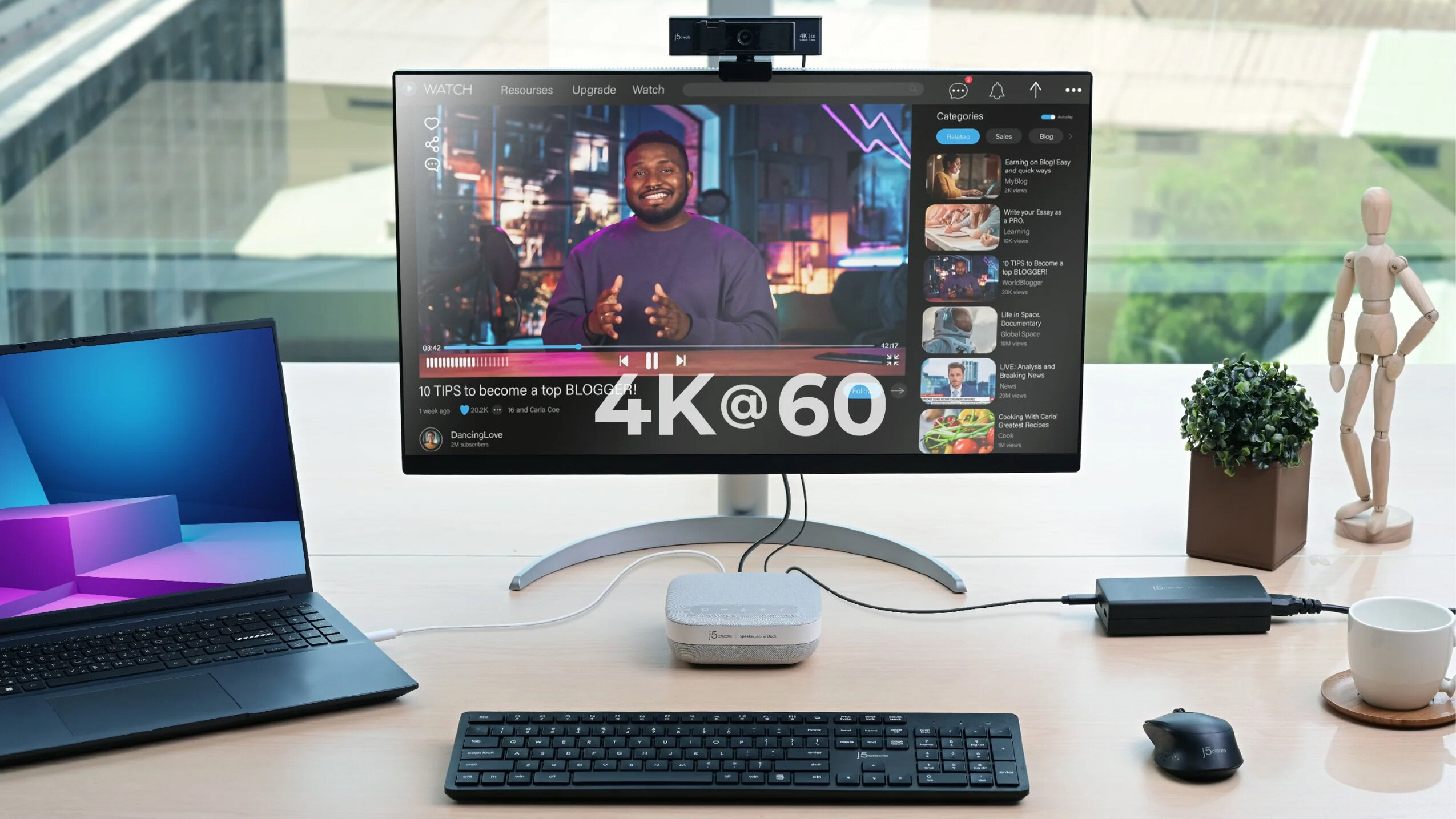
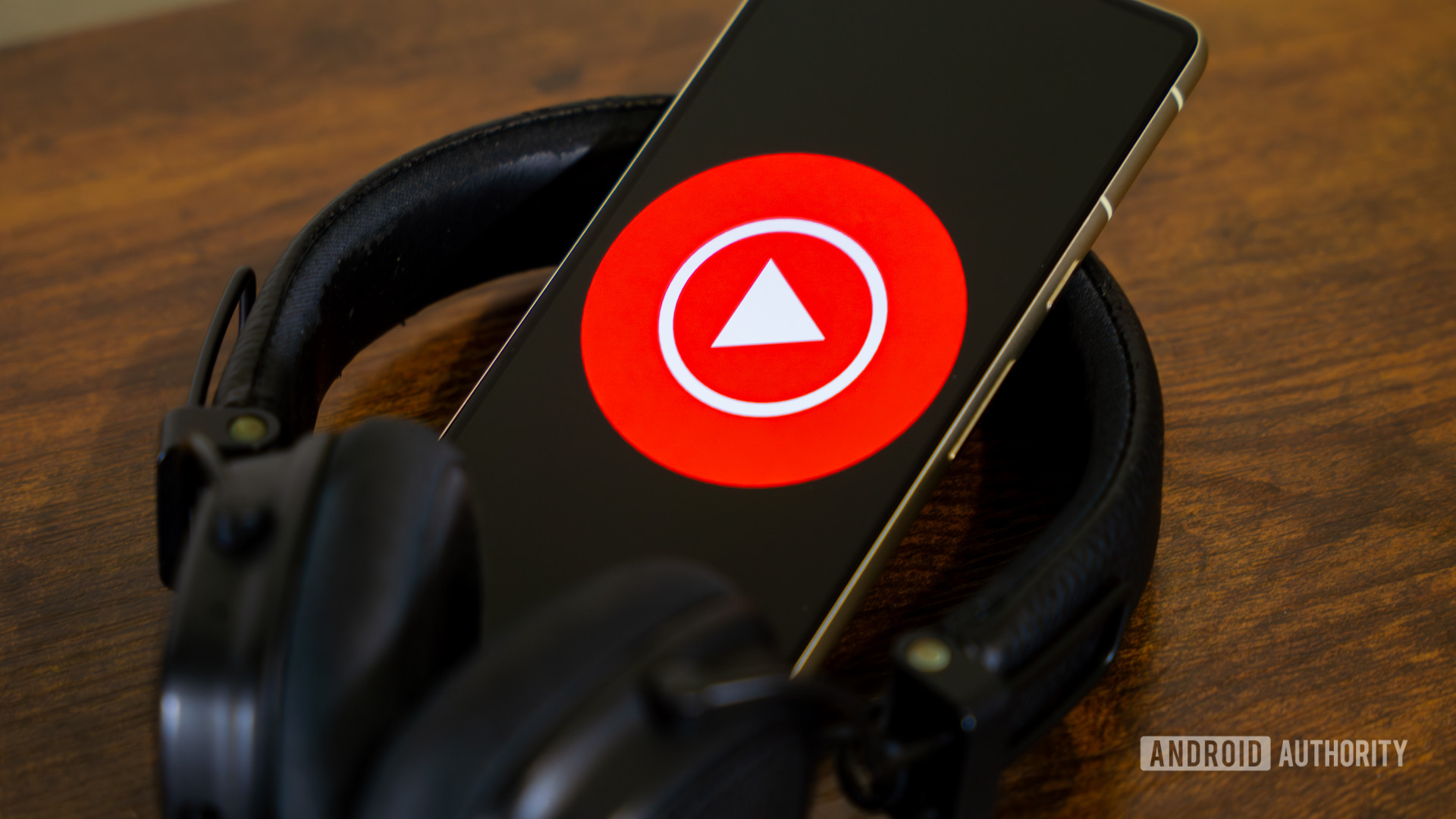















![Apple Watch Series 10 Back On Sale for $299! [Lowest Price Ever]](https://www.iclarified.com/images/news/96657/96657/96657-640.jpg)
![EU Postpones Apple App Store Fines Amid Tariff Negotiations [Report]](https://www.iclarified.com/images/news/97068/97068/97068-640.jpg)
![Apple Slips to Fifth in China's Smartphone Market with 9% Decline [Report]](https://www.iclarified.com/images/news/97065/97065/97065-640.jpg)


















